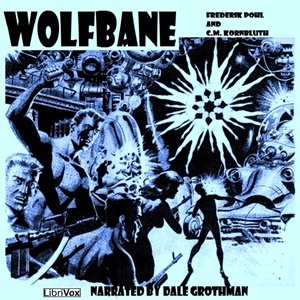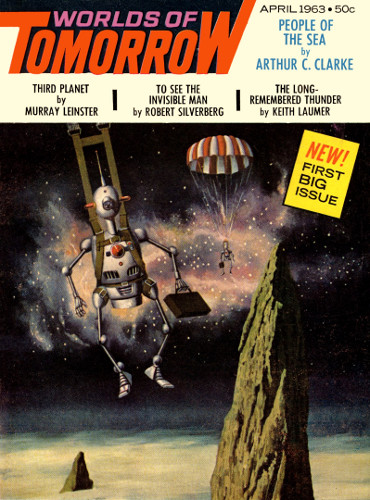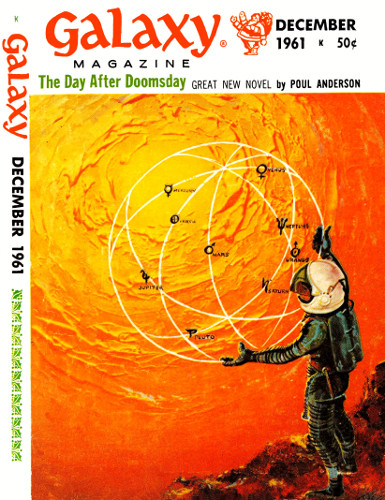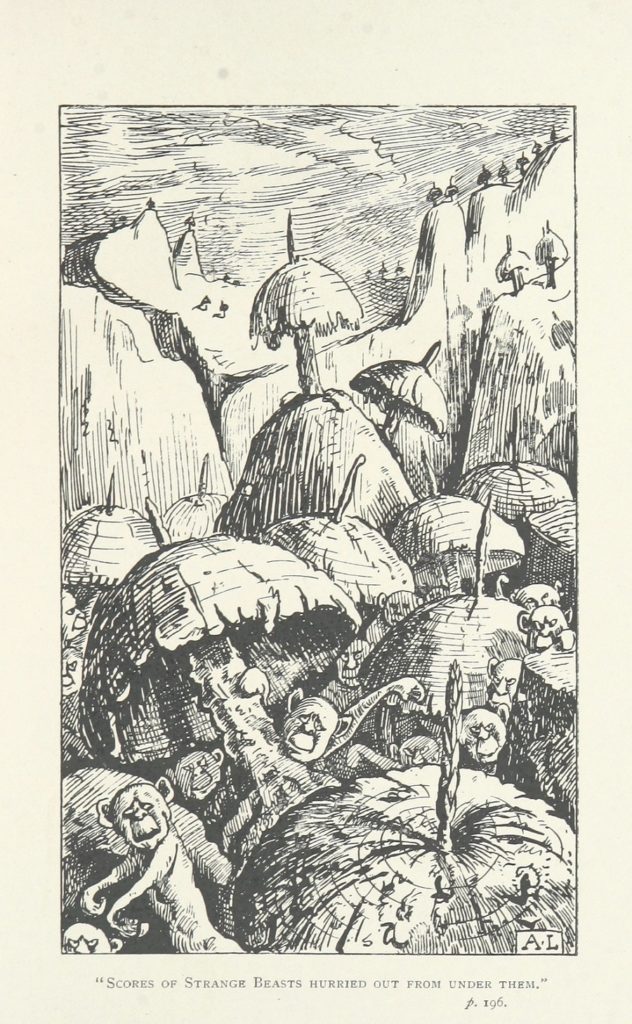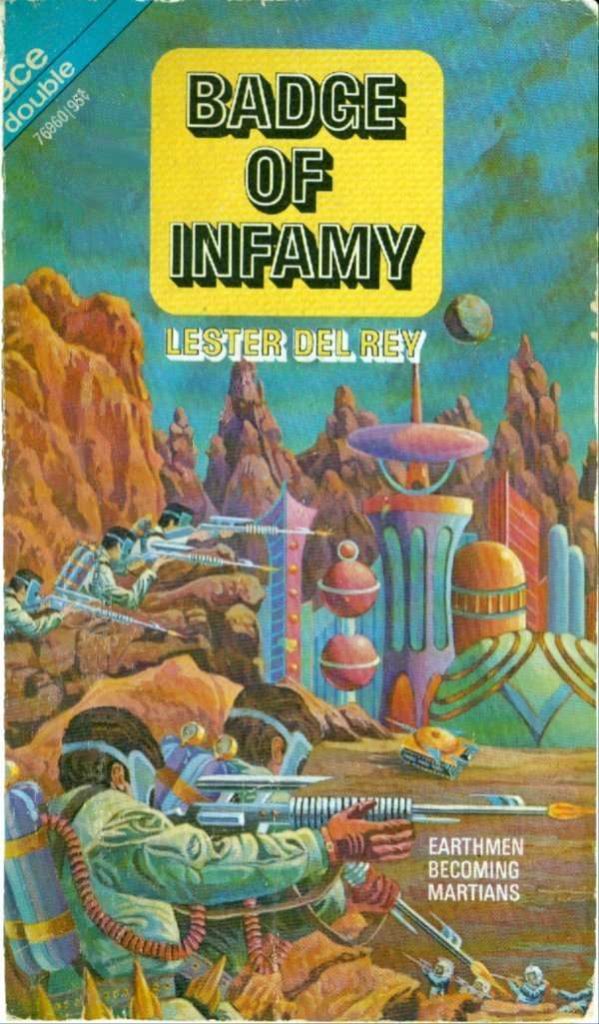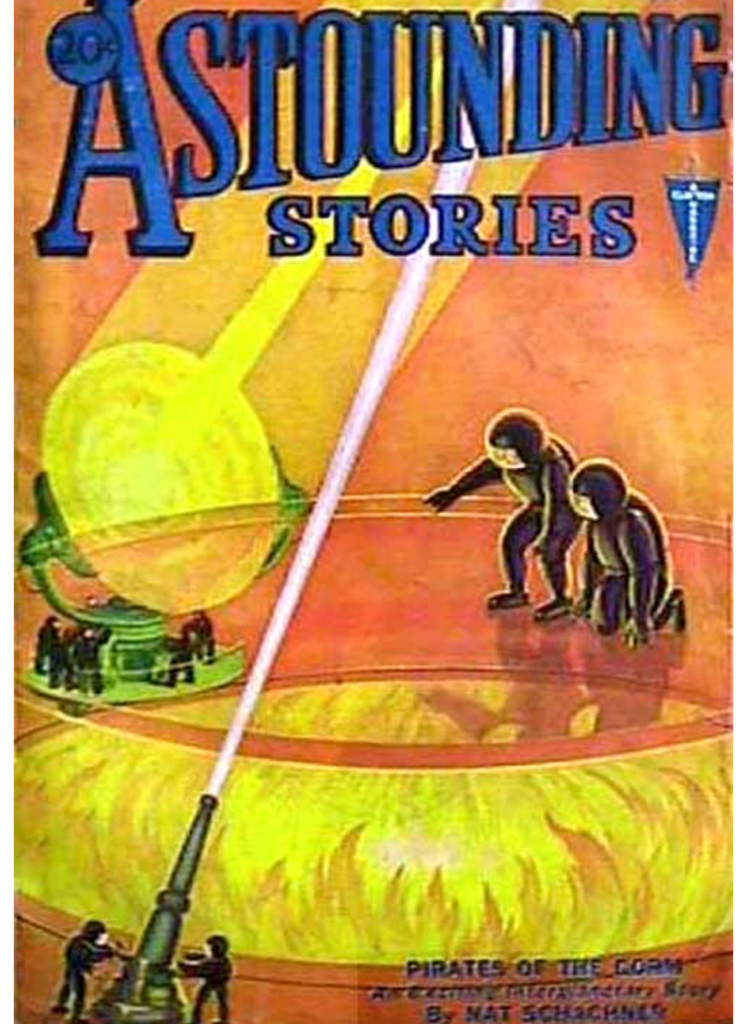A regular exploration of public domain genre works available through Project Gutenberg, Internet Archive, and Librivox.
By Colleen McMahon: I stumbled onto a fun book on Project Gutenberg today while I was looking for something completely different — as so often happens with me. I was checking to see if an 1835 book about Georgia was available on PG, and the author’s name was Longstreet. I couldn’t remember the first name, so I was checking all the authors named Longstreet. When I got to Hattie Longstreet, I found this eye-catching cover:
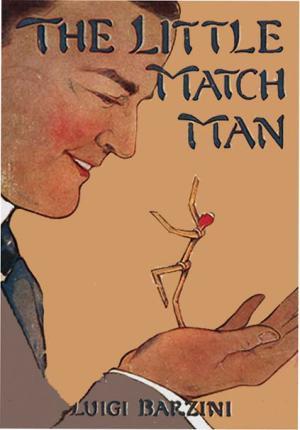
I never did find that Georgia book — at least, not today — but after skimming the first section of The Little Match Man, I downloaded it to read in its entirety, and perhaps organize a Librivox project to record it.
The narrator of the story is a foreign correspondent based in Japan. One day, he is bored and entertains himself by making a tiny man out of matchsticks, as he used to do when he was a child. Then, ready to smoke a cigarette, he tells the match man that he is going to strike his head. And then this happens:
But I got no further. The little man moved, and falling on his knees held out his hands as if in prayer.
I was very much surprised, and examined him carefully on every side. I had made a great many little men just like him, but I had never seen any one of them move by himself. I looked to see if there was anywhere a bit of string that I had pulled without meaning to. But no, I found nothing. The little man remained quite still in his new position, until at last I was reassured. I thought the jar of some one passing outside, or a puff of air had thrown him from the box, he was so slim and light. I sat him up again and watched him closely.
After a few minutes I saw distinctly that he moved himself. For some time he trembled very slightly, then he held out his arms, and slowly rose to his feet. I could hear a tiny voice, which seemed to come from him, but it was so feeble that compared with it the voice of a cricket would sound like a trombone.
There follows a series of stories, each with several charming illustrations by Hattie Longstreet, of their adventures together for the next few months.
I next looked up the author, and that’s where things got a bit dark. The author’s name is Luigi Barzini (1874-1947) and he was an Italian journalist. Among other assignments, he was embedded in the Japanese army in Manchuria during the Russo-Japanese War in 1905. He wrote several non-fiction books, but The Little Match Man appears to be the only fiction he ever published. The English translation came out in 1917.
In the 1920s, Barzini became a Fascist and was one of the 250 signatories to the Manifesto of Fascist Intellectuals in 1925. In the 1930s he joined Mussolini’s government and served on various high-level commissions, culminating with his heading of the official press agency of the Italian Social Republic (the puppet state maintained in Italy after the Germans took over in 1943). After the war, he was charged and convicted for his role in Mussolini’s regime and banned from journalism. He died in poverty in 1947.
His politics also tore apart his family. One of his sons, Ettore, joined the Italian resistance, was captured, and died in a German concentration camp. His namesake, Luigi Barzini Jr., also went into journalism and was a foreign correspondent in Asia, covering the rape of Nanking among other momentous events in Japan’s war in China. Back in Italy in 1940, Barzini Jr. was charged with leaking information to the enemy and disparaging Il Duce, and was confined under house arrest and forbidden to write. The war’s end allowed Barzini Jr. to resume his career even as his father’s was ended, and he went on to become an influential writer in both Italian and English in the 1950s and 1960s, as well as a political mover and shaker.
The senior Barzini’s later career may explain why The Little Match Man is so thoroughly forgotten, but it does seem to be a fun little story.
The Pixel Scroll birthday list recently surprised me with the inclusion of Victorian scholar and art critic John Ruskin (1819-1900), someone I never thought had any connection to the science fiction or fantasy worlds. It turns out that he wrote a kind of fairy tale, a short novel called The King of the Golden River, also available as a Librivox audiobook. Here’s the description from Librivox:
When three brothers mortally offend Mr. Southwest Wind, Esquire, their farm is laid waste and their riches lost. Desperate for money, the brothers become goldsmiths and melt down their remaining treasures . . . only to find that the spirit of the King of the Golden River resides with a molded tankard, and knows the secret of the riches of the Golden River.
Sounds downright whimsical for someone remembered as a Very Serious Intellectual in the high Victorian age!
Recent Librivox releases:
- Five Children and It by E. Nesbit (1858-1924)
The book follows the journey of five children who discover a mysterious creature (called by them as It) who grants them their wishes. Join in as they ask for the craziest of wishes, which are granted true for a day!
- The Haunted Hour; an Anthology by Margaret Widdemer (1884-1978)
A collection of poetry about ghosts, hauntings and other spooky topics, including poems by Kipling, Longfellow, Yeats, Rosetti and many others.
- A Deal With the Devil by Eden Phillpotts (1862-1960)
A Deal with the Devil is a classic tale with a humorous twist. We find that on the night preceeding his 100th birthday Grandpapa, a cantankerous yet loveable sort, has made a deal with the devil, which his granddaughter, in part, will pay.
- Wolfbane by Frederik Pohl (1919-2013) and C.M. Kornbluth (1923-1958)
A rogue planet, populated by strange machines known as Pyramids, has stolen the Earth from the Solar system, taking it off into interstellar space. The moon has been ‘ignited’ by alien technology to serve as a miniature sun around which both planets orbit. This new sun is rekindled every 5 years, though as the book opens, the rekindling is nearly overdue and there is fear among the populace that it may never happen again.
